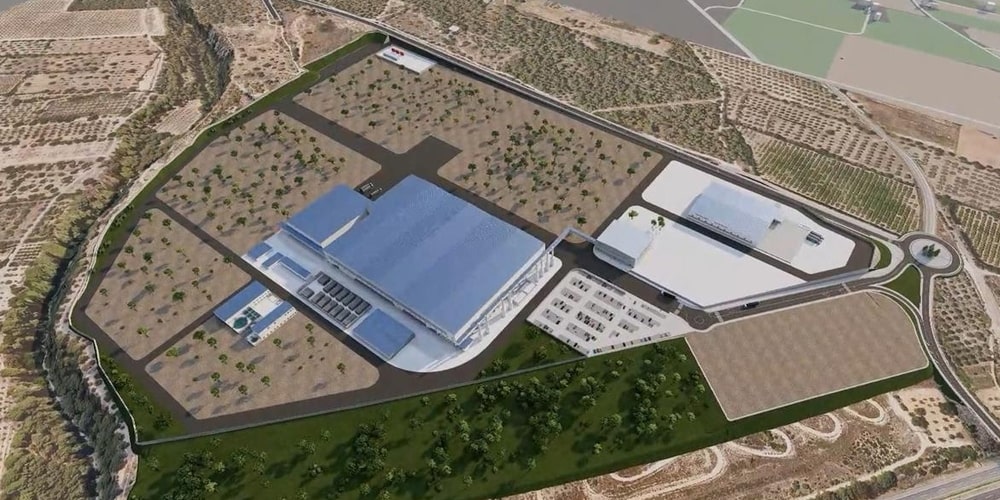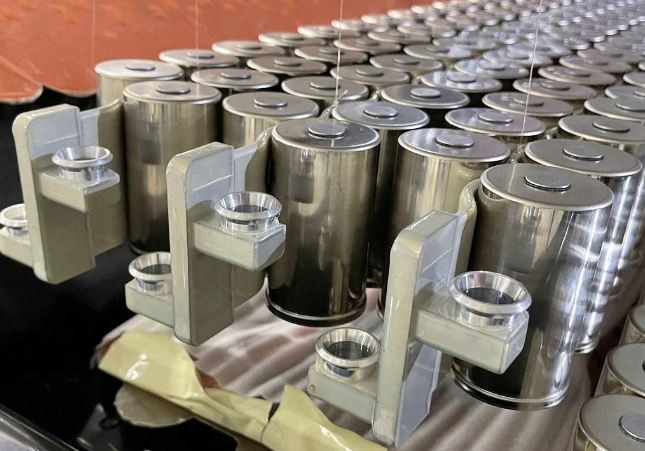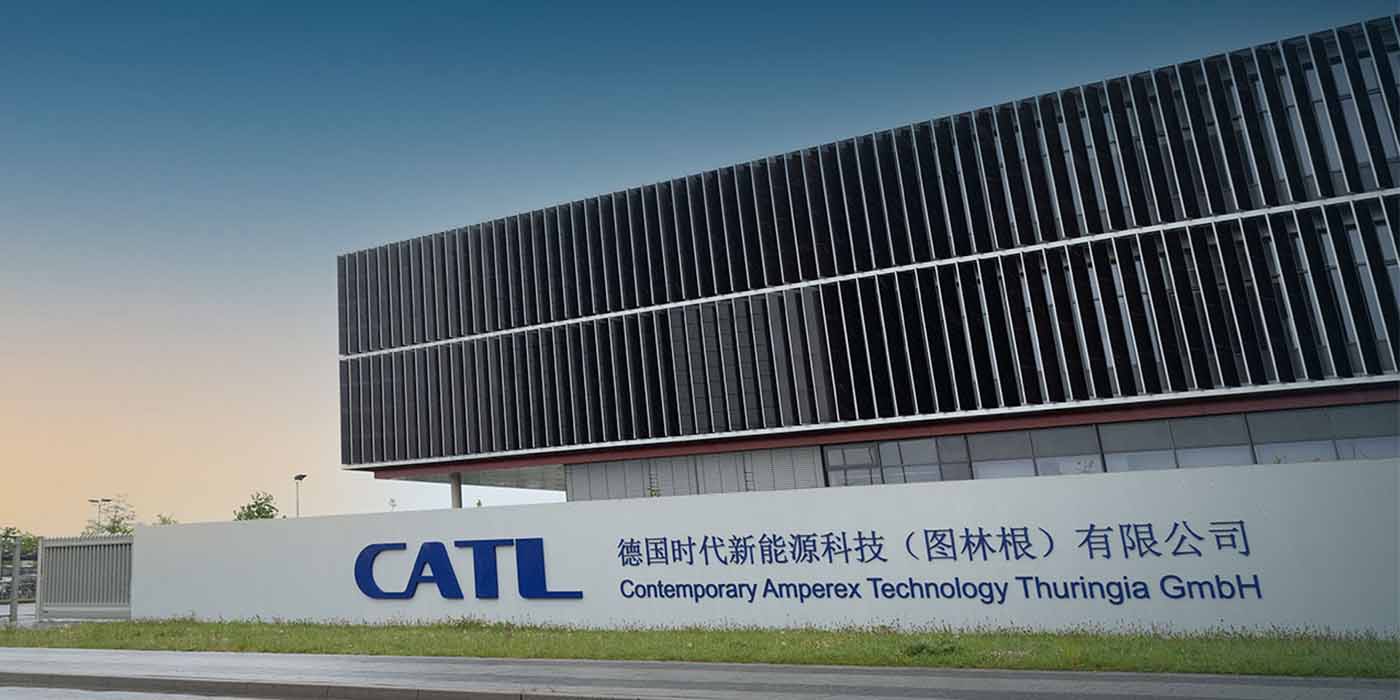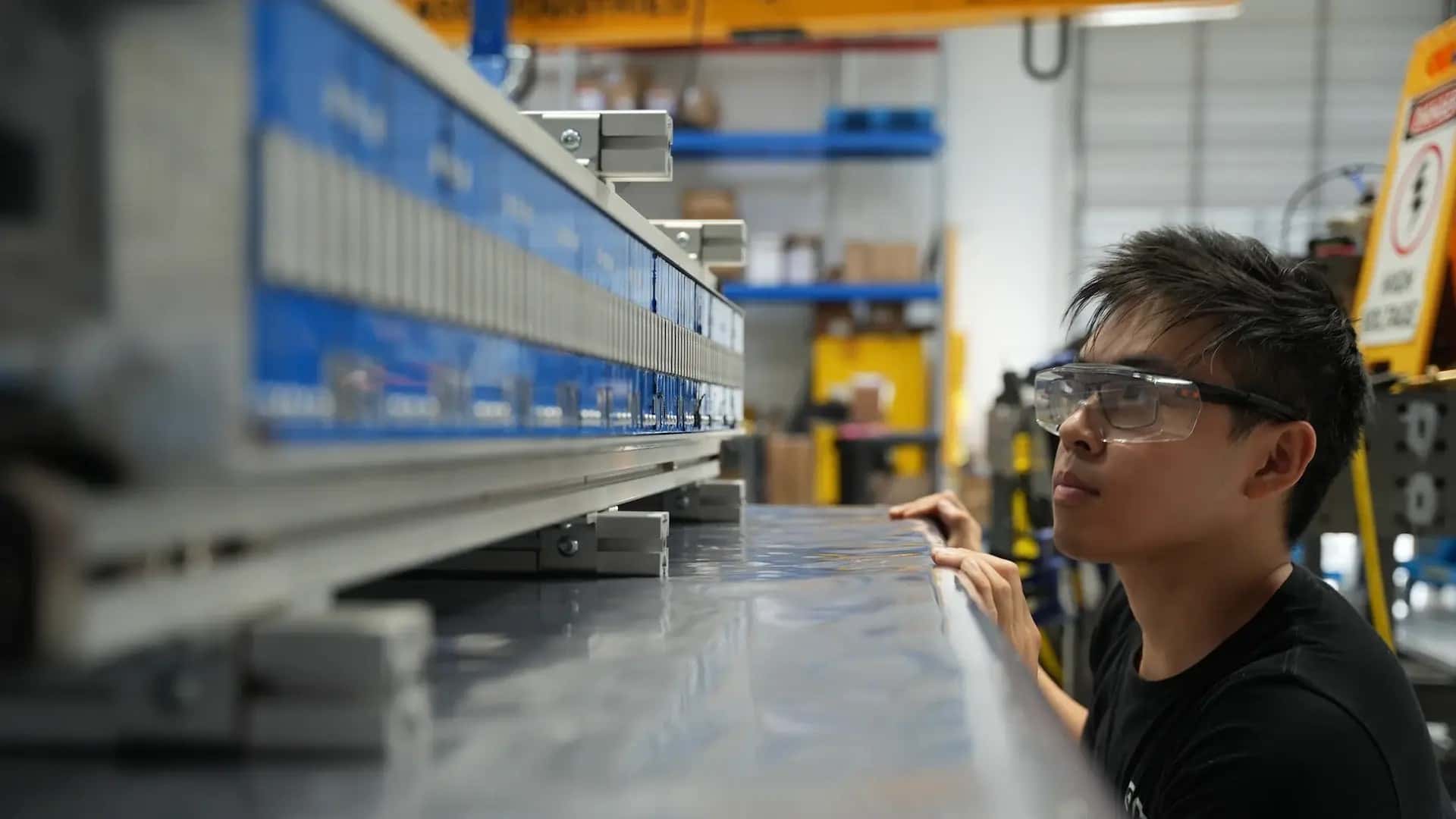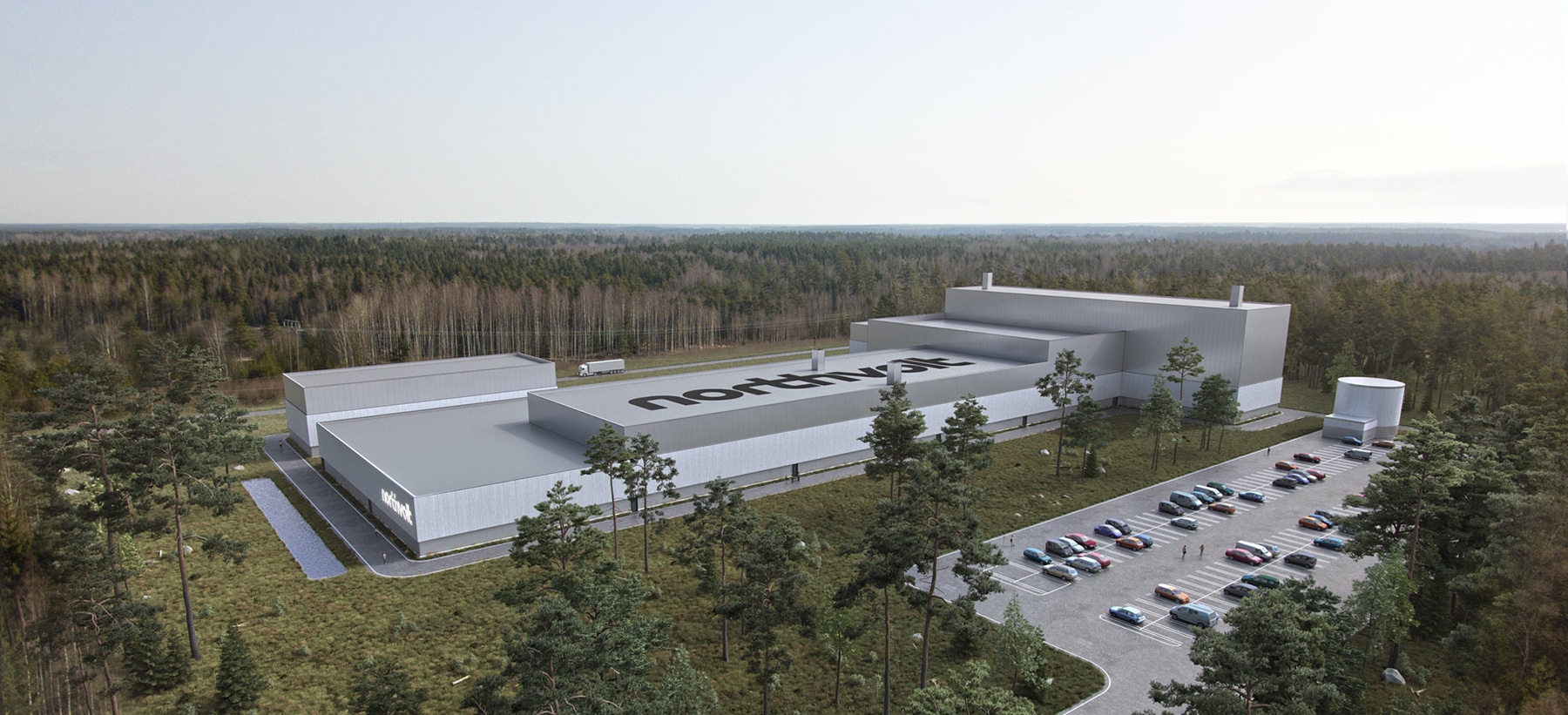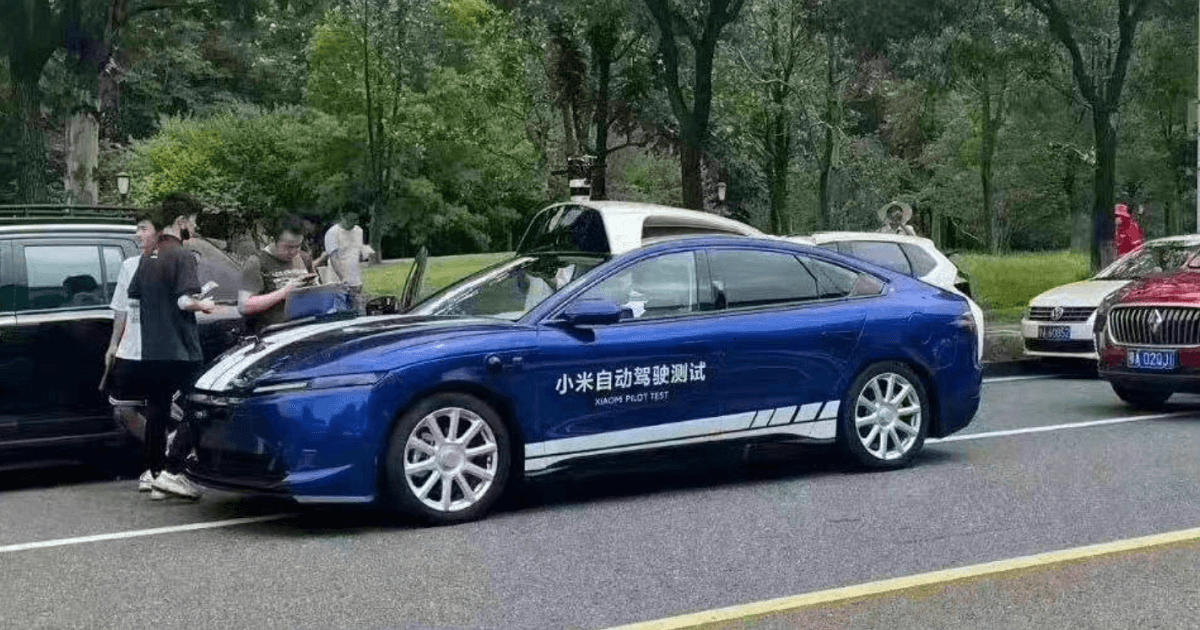ICL has commenced the construction of a groundbreaking battery materials manufacturing plant in St. Louis. The facility, which is anticipated to be the first of its kind in the United States, will focus on producing lithium iron phosphate (LFP), a crucial component for batteries. With an estimated cost of $400 million, the plant is projected to be operational by 2025. The primary aim of this strategic move is to cater to the increasing demand from the energy storage, electric vehicle (EV), and clean-energy sectors, while bolstering the nation’s self-reliance on essential battery materials.
ICL’s substantial investment in the construction of this plant has been further supported by a $197-million grant from the US Department of Energy, emphasizing the significance of this venture in advancing sustainable energy technologies. The facility, covering an expansive area of 140,000 square feet, is poised to yield approximately 30,000 metric tons of LFP. This initiative lays the foundation for ICL’s broader global battery materials enterprise. The manufacturing plant will incorporate two production lines, each constructed in dual phases under a unified roof. These production lines are designed to collectively produce 15,000 tonnes per annum of LFP powder, further contributing to the expansion of domestic battery material production capacity.
The strategic location chosen for the new plant is ICL’s existing Carondelet campus in St. Louis, an area designated by the Justice40 Initiative as a disadvantaged community. This choice aligns with ICL’s commitment to sustainable development and community welfare.
In terms of economic impact, the project is set to generate between 800 and 900 union construction jobs. To facilitate the construction process, ICL has joined forces with St. Louis-based McCarthy Building Companies, which will serve as the project’s general contractor. Additionally, ICL has formed a partnership with Aleees, a Taiwan-based LFP battery material manufacturer and global intellectual property licensor. This collaboration is aimed at establishing a localized, integrated, and sustainable supply chain for LFP within the United States.
LFP technology stands out due to its heightened safety profile, cost efficiency, and extended lifespan. Industry projections by E Source indicate that by 2031, the global demand for iron phosphate-based cathode active materials will surpass 3 million tons, with a market valuation exceeding $40 billion. This projection reflects a growing preference for safer and more economical cathode materials, particularly in the context of affordable EVs and energy storage solutions.


